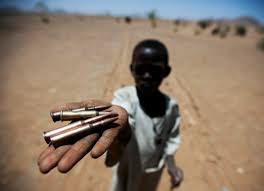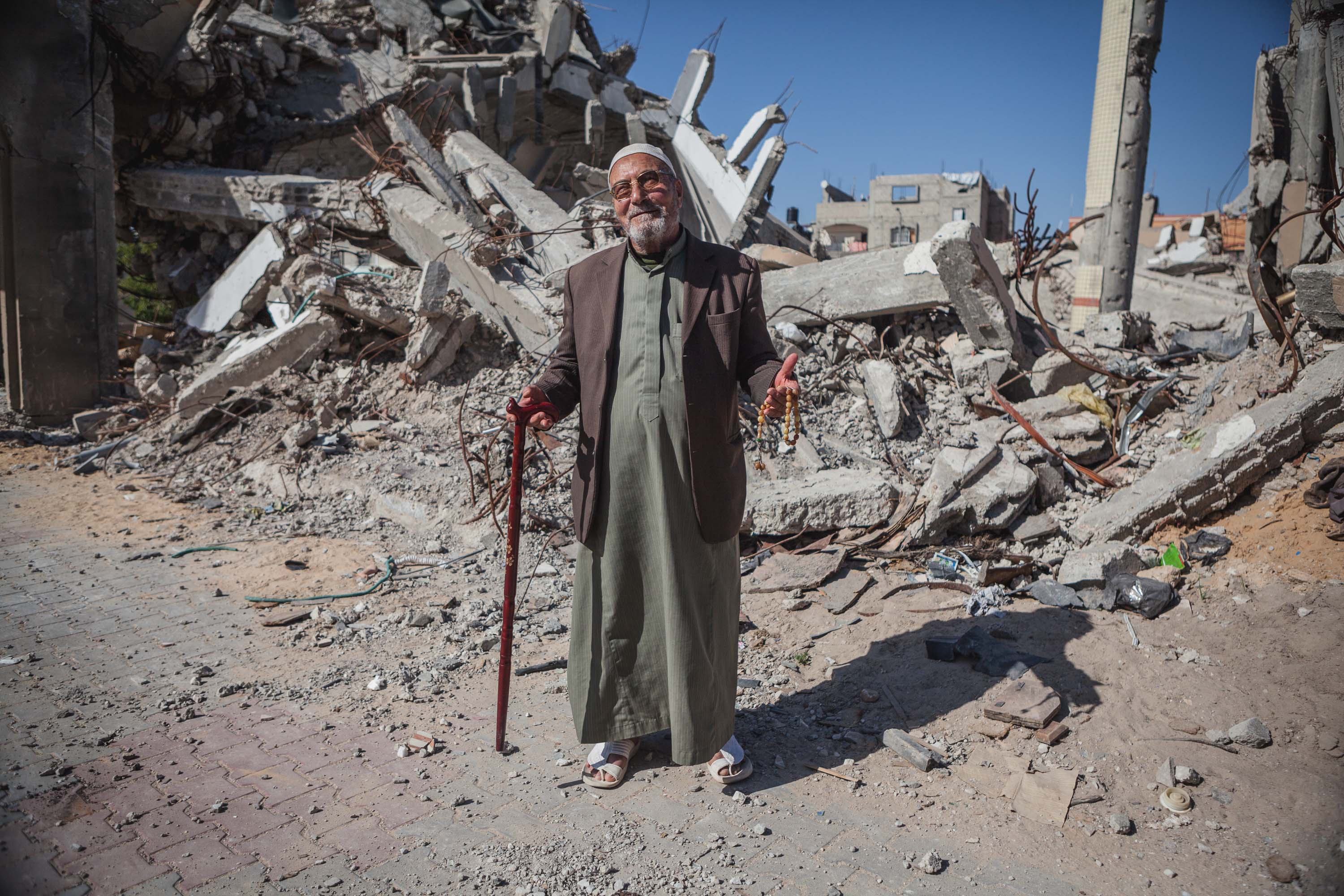I believe the detrimental effect that international criminal prosecutions can potentially have on human rights needs to be further explored in human rights discourse and practice. While the idea of internationally prosecuting war criminals first came about following the World Wars, it has since gained substantive ground, particularly following the 2002 creation of the International Criminal Court. The basic assumption remains that international criminal proceedings bolster human rights. As a result, international prosecutions have now become strongly associated with human rights and advocated by its proponents. However, it is important not to confuse international law with local justice. The need for justice through criminal prosecutions is not always compatible with human rights. In fact, pursuing such proceedings can lie in stark opposition to the interests of the very people whose human rights are being violated. 
In many cases, the only way to end conflict is to negotiate with the very leaders who are responsible for gross human rights violations and war crimes. In numerous instances, leaders may only step down or agree to end conflict with a guarantee of amnesty, as was the case in Argentina, Cambodia, Chile, Guatemala and Haiti. However, the looming threat of indictment can often reverse gains achieved in the peace process and result in leaders’ tightening their grip and using civilians as leverage against the international community, which only prolongs conflict and intensifies human suffering.
By no means, are these actions defensible, but many people in countries ravaged by years of war would sooner opt for a cessation of conflict and oppression over an international indictment. Moreover, criminal prosecutions are not the only way in which justice can be achieved. In many cases, truth and reconciliation commissions, such as those in South Africa, El Salvador, Sierra Leona and the Solomon Islands, may serve as a better substitute which still provides a form of justice and recognition of wrong, but focuses on minimizing causalities and moving forward to rebuild what was lost.
 This issue should become more prominent in human rights discourse because universalizing the benefit of criminal prosecutions, without cultural and contextual consideration, can undermine the very goal of protecting the fundamental rights of the individual. This is not to dispute that in many cases international criminal proceedings have proven a useful and powerful tool in protecting and promoting human rights around the world. However, there are situations in which this is not the ideal path and can have dangerous consequences. Just as it is important to use all available tools in the protection of human rights, it is equally important to know when and how to use them. By making this issue more prominent in human rights discourse, it will not only promote dialogue but also create awareness of the need to be context specific and allow us to discover new ways in which justice can be achieved without compromising human rights.
This issue should become more prominent in human rights discourse because universalizing the benefit of criminal prosecutions, without cultural and contextual consideration, can undermine the very goal of protecting the fundamental rights of the individual. This is not to dispute that in many cases international criminal proceedings have proven a useful and powerful tool in protecting and promoting human rights around the world. However, there are situations in which this is not the ideal path and can have dangerous consequences. Just as it is important to use all available tools in the protection of human rights, it is equally important to know when and how to use them. By making this issue more prominent in human rights discourse, it will not only promote dialogue but also create awareness of the need to be context specific and allow us to discover new ways in which justice can be achieved without compromising human rights.
While one may question if it is just to allow leaders with the blood of thousands on their hands to go free, those dedicated to protection of human right must inevitably consider: Is it better to allow thousands more to suffer in the quest for justice? If one wishes to promote human rights as the primary goal, foregoing criminal prosecution may be a necessary sacrifice, as justice cannot be acquired at the expense of peace.




